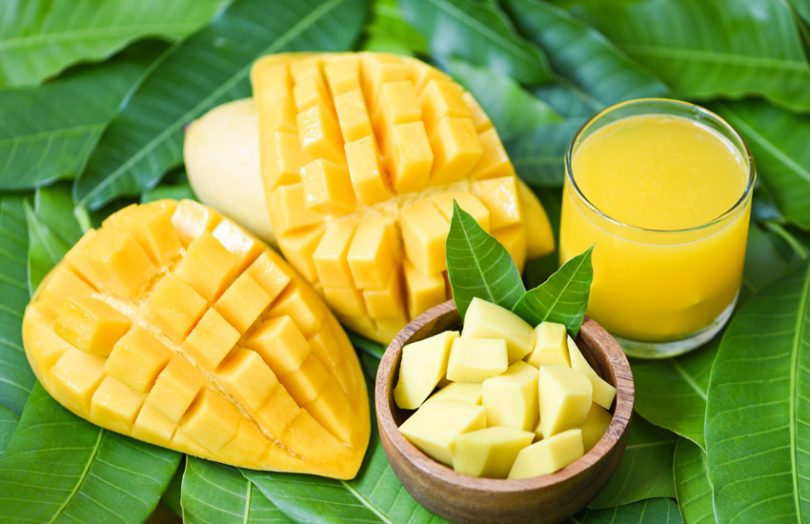Last week the Cooperative Research Centre for Developing Northern Australia (CRCNA) revealed Manbulloo, one of Australia’s largest mango producers, to be the latest producer to realize the benefits of a blockchain-based food traceability platform. The platform was developed as part of the 2.5 year-long Smart Supply Chain pilot project, co-funded by CRCNA, food-traceability blockchain firm Trust Provenance, Manbulloo, and horticulture firm Growcom. The total value of the project came to around 1.16 million AUD (over $827,000).
Manbulloo identified the platform’s critical features during the trial co-designed by the mango producer and Trust Provenance. The trial allowed for real-time data points such as location, temperature, and time to be instantly tracked, traced, and uploaded onto the blockchain. The blockchain was accessible to Manbullo and other actors of the supply chain through a dashboard interface.
The result was a cost-reducing, real-time, secure, end-to-end food traceability solution.
“In the past, each chain partner used their own system to identify and trace products, which resulted in duplication and extra costs,” said Quality Manager at Manbulloo, Scott Ledger. “We are implementing the GS1 Australia standard for product ID and traceability so the members of our supply chain can use the same product ID system. This will not only save time and costs but also reduce human errors and wastage.” The pilot’s additional outcomes included access to data, greater product integrity levels, and record-high acceptance rates at supermarkets distribution centers.
“We believe better traceability systems will reward farmers with higher returns in the market, that reflect the investments they’re making in more sustainable, safe and ethical production practices,” said Richard Shannon, Growcom’s Manager Policy and Advocacy.
Meanwhile, COVID-19 continues to drive the digitization of the supply chain. “Post COVID-19 being able to provide real-time data on where a product has come from and how it has being managed along the supply chain will become increasingly more important to producers, retailers, and consumers, especially in export markets,” said Andrew Grant, CEO and Co-Founder of Trust Provenance.
Food traceability is not limited to food producers. Last week, Estée Lauder Companies and its haircare brand Aveda revealed it’s using blockchain for responsible and sustainable sourcing of materials. In particular, they’re leveraging the technology to trace Madagascan vanilla, which accounts for 80% of the world’s vanilla.
Standards body Marin Trust endorsed the use of blockchain technology. In July, Marin Trust announced plans to mandate recording of key data about fish byproducts, such as Omega 3 fish oil, for traceability and outlining its vision of the technology’s role in the future.






